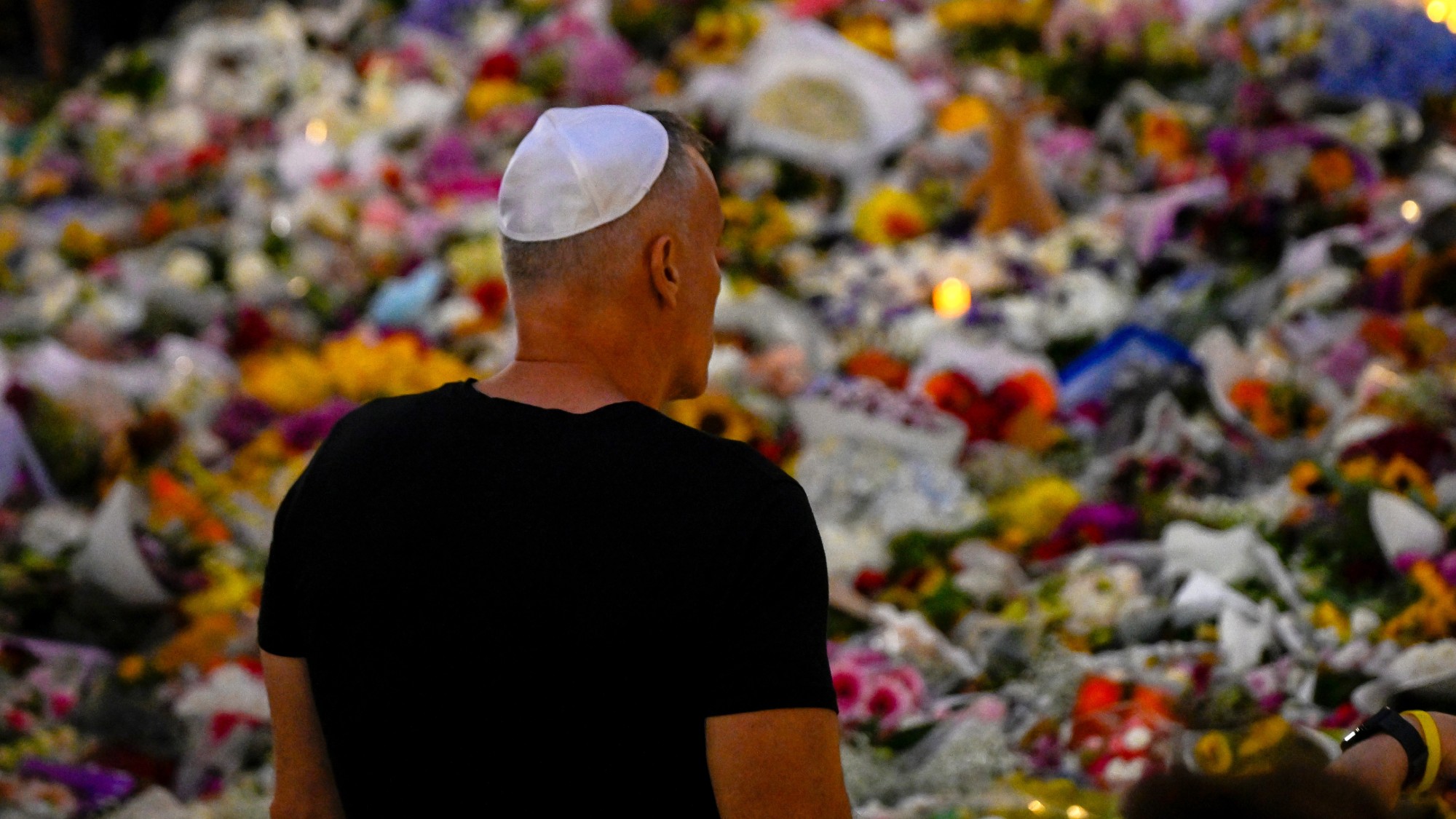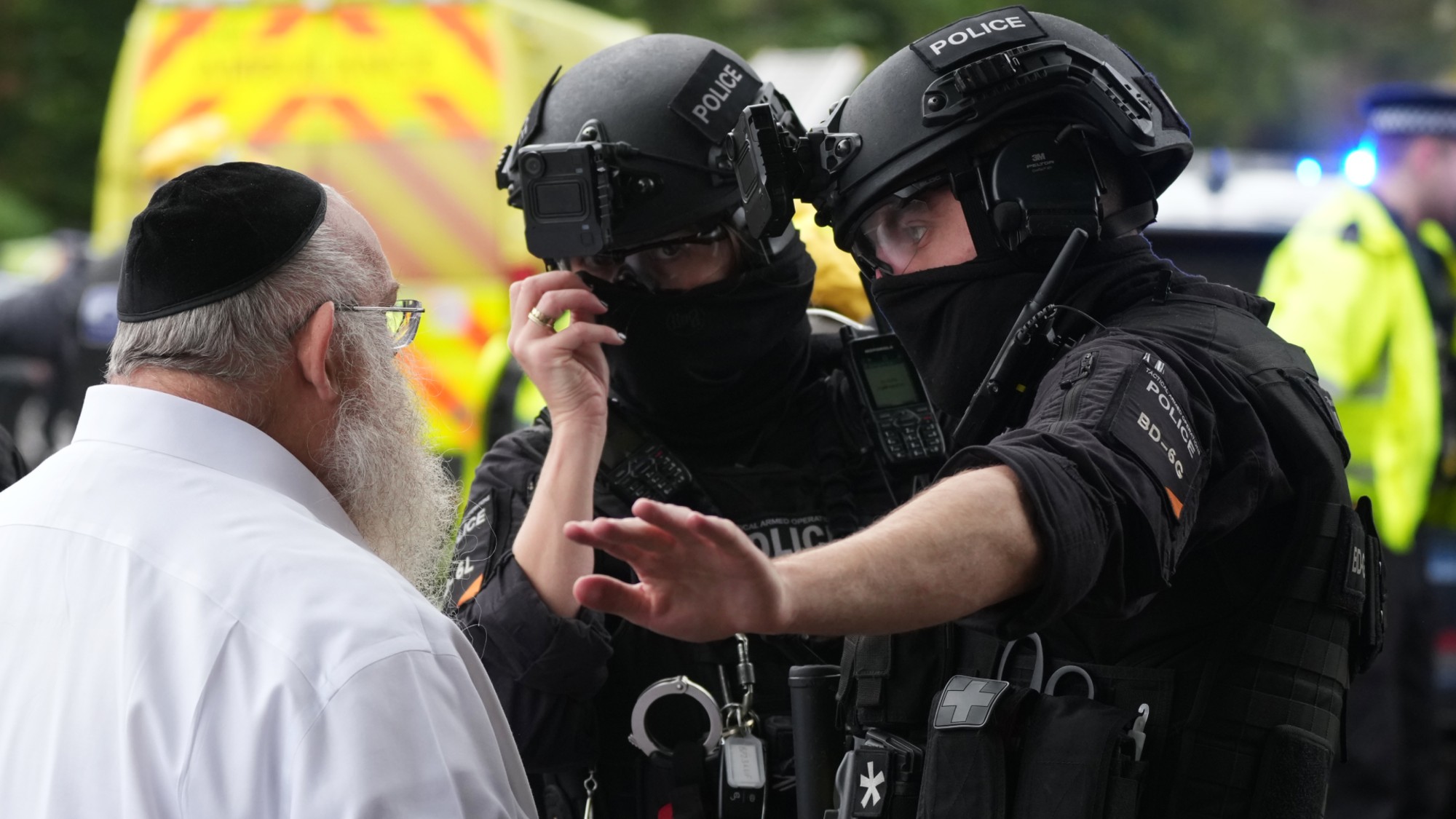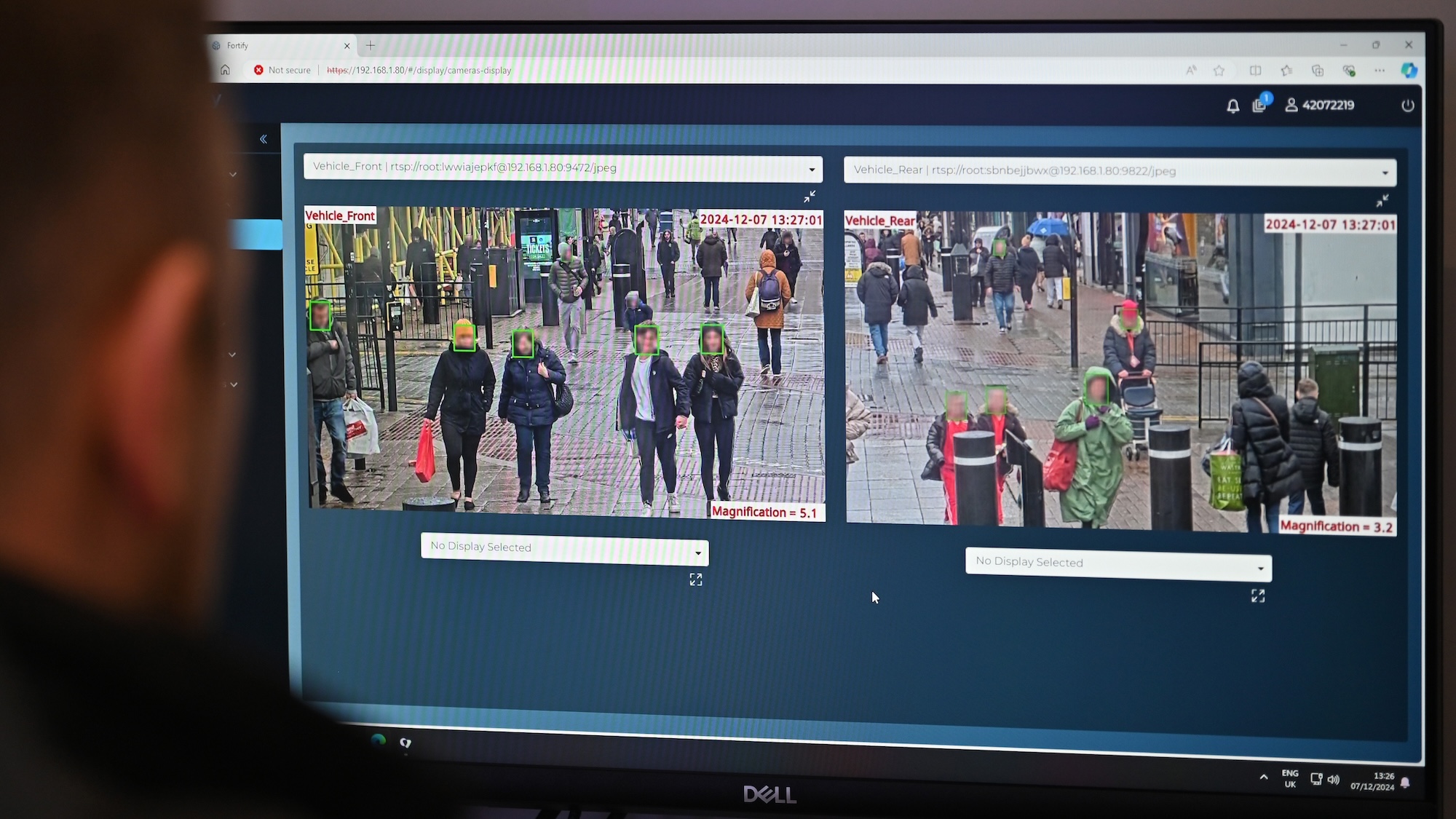In brief: Isis bride Shamima Begum’s journey to Syria - and possibly back
Court rules that former Londoner may return to UK to fight decision to revoke her British citizenship

A free daily email with the biggest news stories of the day – and the best features from TheWeek.com
You are now subscribed
Your newsletter sign-up was successful
Isis bride Shamima Begum should be allowed to come back to the UK to challenge the removal of her British citizenship, the Court of Appeal has ruled.
Begum, 20, was stripped of her citizenship by the Home Office in 2019 on security grounds and left stranded in a Syrian refugee camp.
But the London court this week ruled that “the only way in which she can have a fair and effective appeal is to be permitted to come into the United Kingdom to pursue her appeal”, The Guardian reports. The Home Office has announced plans to “apply for permission to appeal” against the “very disappointing” decision.
The Week
Escape your echo chamber. Get the facts behind the news, plus analysis from multiple perspectives.

Sign up for The Week's Free Newsletters
From our morning news briefing to a weekly Good News Newsletter, get the best of The Week delivered directly to your inbox.
From our morning news briefing to a weekly Good News Newsletter, get the best of The Week delivered directly to your inbox.
Begum’s journey
Begum left Bethnal Green in east London with two teenage friends to join Isis in 2015, when the jihadist group was at the height of its power and held vast swathes of territory across Syria and Iraq. The three schoolgirls travelled via Turkey to the caliphate’s headquarters in Raqqa, where Begum married a Dutch convert recruit.
One of the other girls who travelled with her, Kadiza Sultana, was later killed in a bombing attack, according to Sky News. What happened to the third - Amira Abase - is unknown.
Four years after arriving in Syria, and following the territorial defeat of Isis, Begum was found in a Syrian refugee camp in northeastern Syria. She was nine months’ pregnant.
A free daily email with the biggest news stories of the day – and the best features from TheWeek.com
Sajid Javid, the home secretary at the time, stripped Begum of her British citizenship weeks later, despite pleas to let her return for the sake of her newborn son, Jarrah. Javid argued that she had the right to become a citizen of Bangladesh, the birth country of her parents.
However, “the authorities in Bangladesh have said that Ms Begum never claimed citizenship of that nation and that she would not be allowed in Bangladesh”, The New York Times reports.
Shortly after her British citizenship was revoked, Begum’s son died. “She has said she had two other children while living under Isis, but that they too died,” according to The Guardian.
What happens next?
Begum’s case has become “a prominent example of the challenges many Western governments face with citizens who joined the group, and who some argue would pose a national security threat if repatriated”, says The New York Times.
Following this week’s ruling by the Court of Appeal, she now has the right to return to the UK, although as The Guardian notes, it is “not clear how easy it would be in practice for Begum to return from Syria”.
The court acknowledged that she “could be arrested and charged” upon her arrival in the UK, and Whitehall sources told the newspaper that anybody helping her return could also be at risk of a criminal offence.
Meanwhile, Javid tweeted that he is “deeply concerned” about the ruling. “If Ms Begum does come back to this country, it will prove impossible to remove her,” he added in a statement.
But Begum’s lawyer, Daniel Furner, said that she should be allowed to return to “give her side of the story”.
“Ms Begum is not afraid of facing British justice, she welcomes it,” Furner added. “But the stripping of her citizenship without a chance to clear her name is not justice, it is the opposite.”
Joe Evans is the world news editor at TheWeek.co.uk. He joined the team in 2019 and held roles including deputy news editor and acting news editor before moving into his current position in early 2021. He is a regular panellist on The Week Unwrapped podcast, discussing politics and foreign affairs.
Before joining The Week, he worked as a freelance journalist covering the UK and Ireland for German newspapers and magazines. A series of features on Brexit and the Irish border got him nominated for the Hostwriter Prize in 2019. Prior to settling down in London, he lived and worked in Cambodia, where he ran communications for a non-governmental organisation and worked as a journalist covering Southeast Asia. He has a master’s degree in journalism from City, University of London, and before that studied English Literature at the University of Manchester.
-
 Local elections 2026: where are they and who is expected to win?
Local elections 2026: where are they and who is expected to win?The Explainer Labour is braced for heavy losses and U-turn on postponing some council elections hasn’t helped the party’s prospects
-
 6 of the world’s most accessible destinations
6 of the world’s most accessible destinationsThe Week Recommends Experience all of Berlin, Singapore and Sydney
-
 How the FCC’s ‘equal time’ rule works
How the FCC’s ‘equal time’ rule worksIn the Spotlight The law is at the heart of the Colbert-CBS conflict
-
 How the ‘British FBI’ will work
How the ‘British FBI’ will workThe Explainer New National Police Service to focus on fighting terrorism, fraud and organised crime, freeing up local forces to tackle everyday offences
-
 How the Bondi massacre unfolded
How the Bondi massacre unfoldedIn Depth Deadly terrorist attack during Hanukkah celebration in Sydney prompts review of Australia’s gun control laws and reckoning over global rise in antisemitism
-
 Who is fuelling the flames of antisemitism in Australia?
Who is fuelling the flames of antisemitism in Australia?Today’s Big Question Deadly Bondi Beach attack the result of ‘permissive environment’ where warning signs were ‘too often left unchecked’
-
 Ten years after Bataclan: how has France changed?
Ten years after Bataclan: how has France changed?Today's Big Question ‘Act of war’ by Islamist terrorists was a ‘shockingly direct challenge’ to Western morality
-
 Arsonist who attacked Shapiro gets 25-50 years
Arsonist who attacked Shapiro gets 25-50 yearsSpeed Read Cody Balmer broke into the Pennsylvania governor’s mansion and tried to burn it down
-
 Manchester synagogue attack: what do we know?
Manchester synagogue attack: what do we know?Today’s Big Question Two dead after car and stabbing attack on holiest day in Jewish year
-
 Dash: the UK's 'flawed' domestic violence tool
Dash: the UK's 'flawed' domestic violence toolThe Explainer Risk-assessment checklist relied on by police and social services deemed unfit for frontline use
-
 The ethics behind facial recognition vans and policing
The ethics behind facial recognition vans and policingThe Explainer The government is rolling out more live facial recognition technology across England